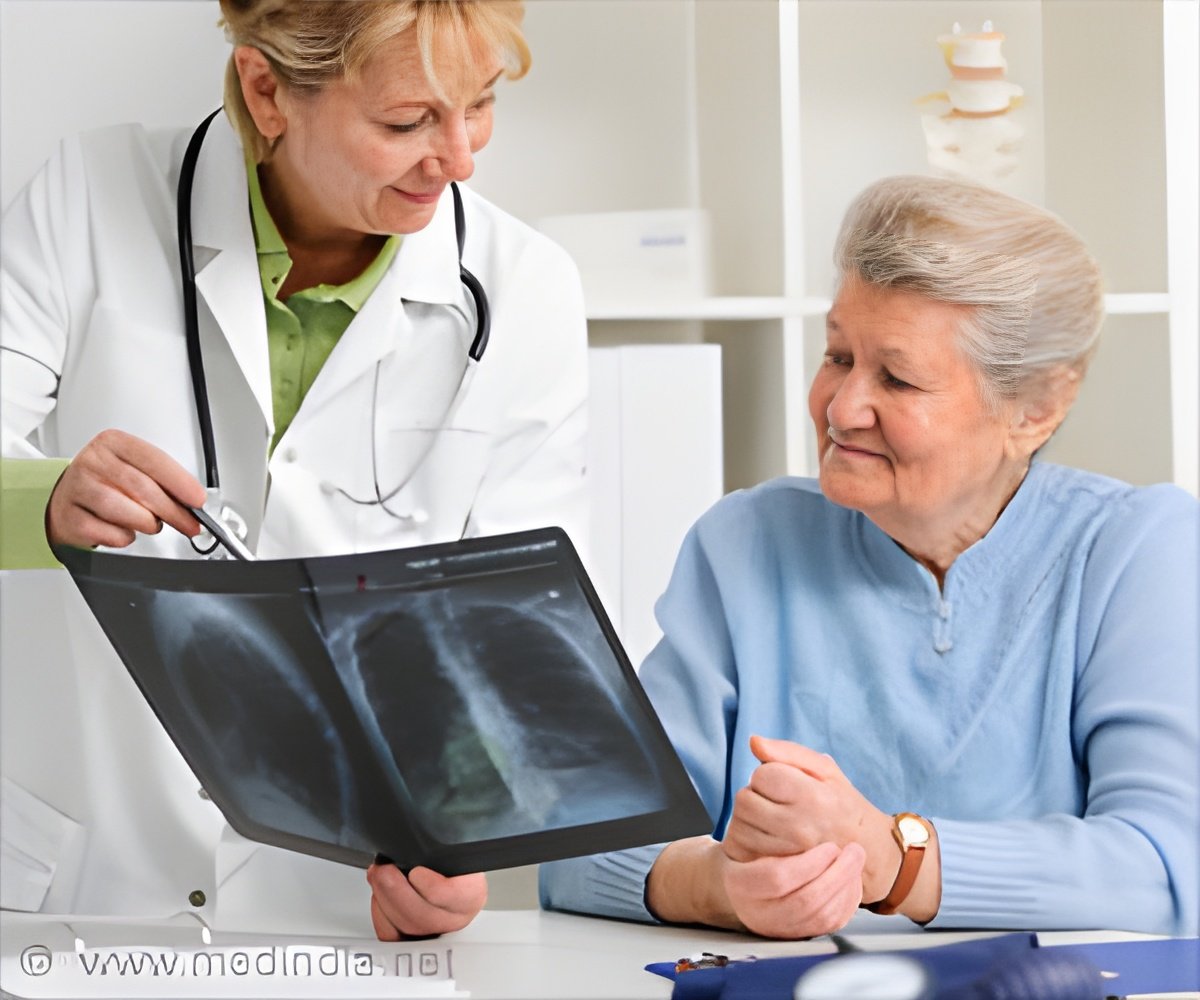Risk of bad surgical outcomes and repeated hospitalizations may now be predicted by identifying frailty (weakness) problems in older patients finds a new study.

TOP INSIGHT
Identifying frailty (weakness) in older patients who are going to be operated upon will help predict which patients are at high risk of developing serious outcomes and thus improving patient and family discussions and targeting patients for enhanced postoperative care.
One-third of patients were readmitted or died within six months. Both vulnerable and frail patients were at higher risk of readmission or death within 30 days and six months, independent of other clinical and surgical factors. By six months, the degree of frailty predicted increasing risk of readmission or death, with frail patients at greatest risk.
"Identifying frailty in surgical patients will help to predict which patients are at high risk of adverse outcomes, thus improving patient and family discussions and targeting patients for enhanced postoperative care," writes Dr. Rachel Khadaroo, University of Alberta, Edmonton, Alberta, with coauthors.
"Moreover, the results of this study suggest that poor postoperative prognosis is not limited to the most severely frail patients, but also to those vulnerable patients without an evident disability are also at higher risk of readmission or death after discharge."
In a related commentary, Dr. Olga Theou, Dalhousie University, Halifax, Nova Scotia, writes, "frailty can also be considered a useful outcome measure. It is a measure of overall health state and, arguably, a better predictor of adverse health outcomes than other individual health measures, although it is a dynamic process. Future research should focus on whether modifying clinical treatment plans can modify the level of frailty or enable patients to recover to their level of frailty before surgery and admission to hospital."
Source-Eurekalert
 MEDINDIA
MEDINDIA




 Email
Email





